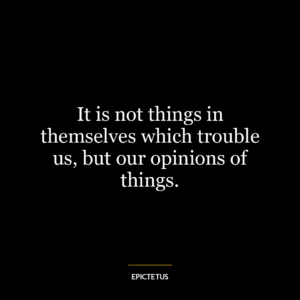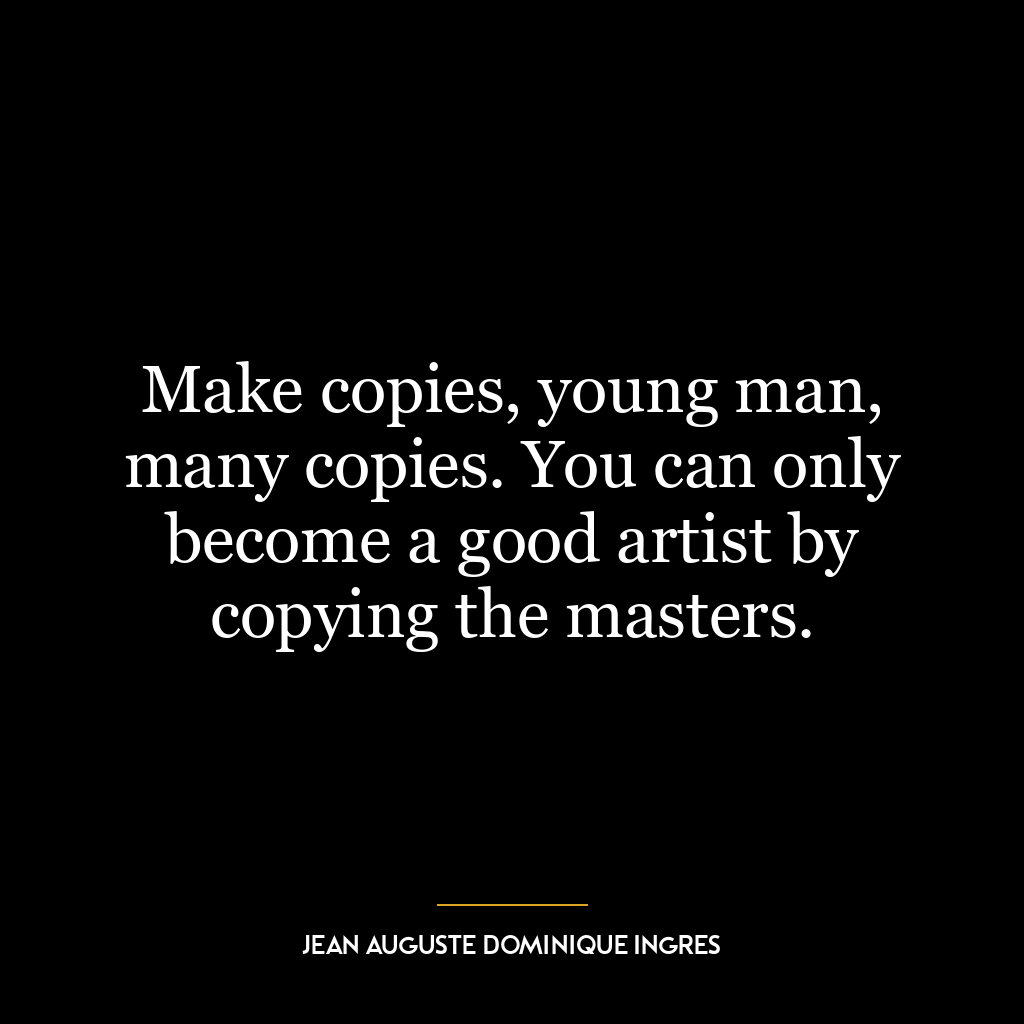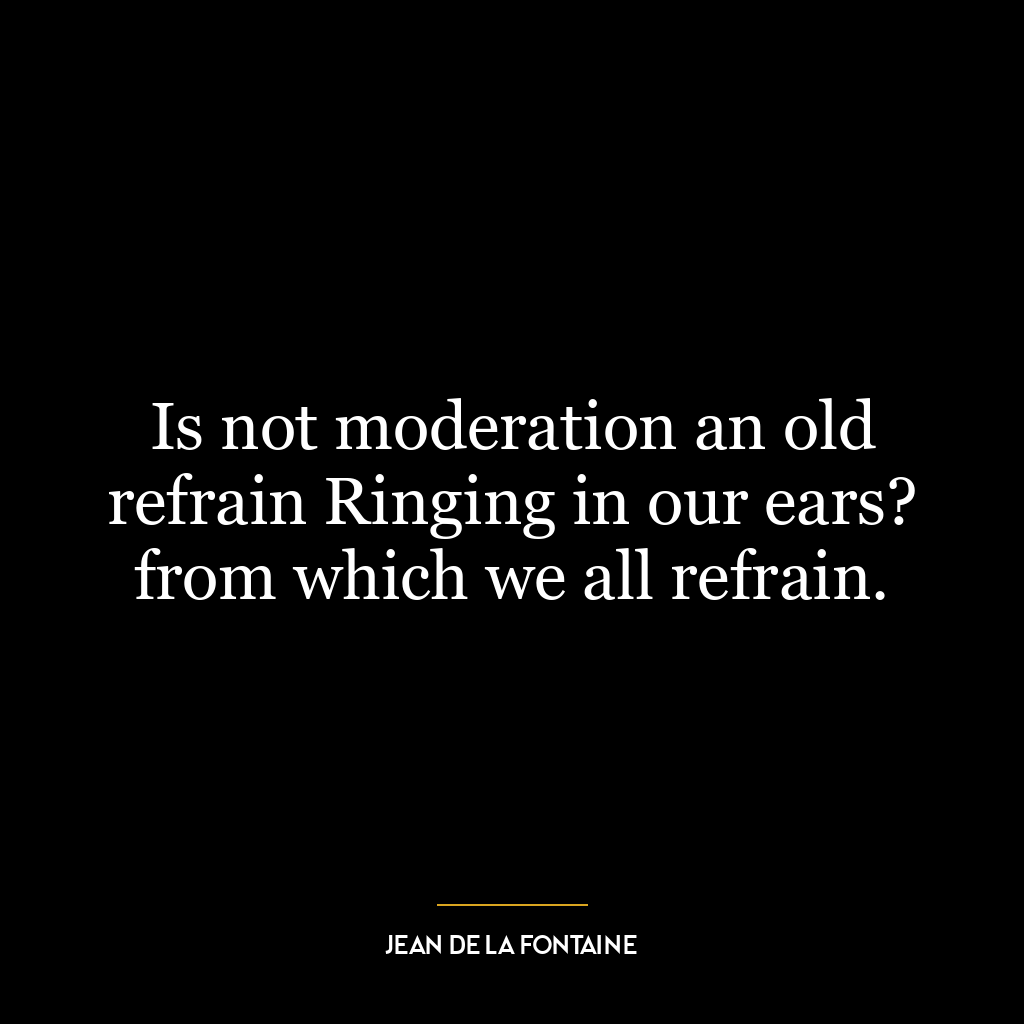The quote, “No man is free who is not master of himself” is a profound statement about personal freedom and self-control. It suggests that true freedom is not about the absence of external constraints, but about one’s ability to control their own thoughts, emotions, and actions. It implies that a person who cannot control their own desires, emotions, or impulses is, in a sense, a slave to them. They are not truly free, because they are constantly being controlled and manipulated by their own internal states.
This idea is deeply rooted in the philosophy of Stoicism, which advocates for self-control and personal discipline as the key to achieving peace and happiness. It asserts that we cannot control the world around us, but we can control how we respond to it. Therefore, mastering oneself is the ultimate form of freedom.
In the context of today’s world, this quote is highly relevant. In an age of instant gratification and constant distractions, self-control is more important than ever. It’s easy to become a slave to our desires and impulses, whether it’s constantly checking social media, overeating, or procrastinating. But these behaviors often lead to stress, anxiety, and unhappiness.
In terms of personal development, this quote serves as a reminder that self-mastery is a lifelong journey. It involves developing emotional intelligence, practicing mindfulness, and cultivating healthy habits. It requires us to take responsibility for our actions and to make conscious choices that align with our values and goals. Ultimately, it empowers us to live more fulfilling and meaningful lives.
So, the next time you find yourself feeling trapped or constrained, remember this quote. True freedom comes from within, and it starts with mastering oneself.















